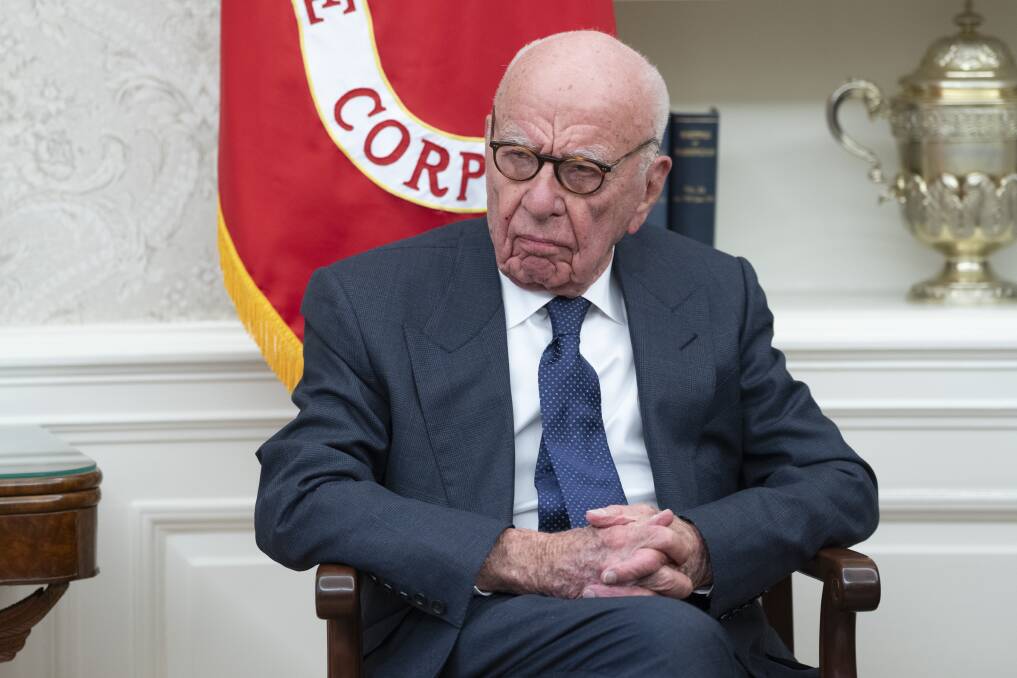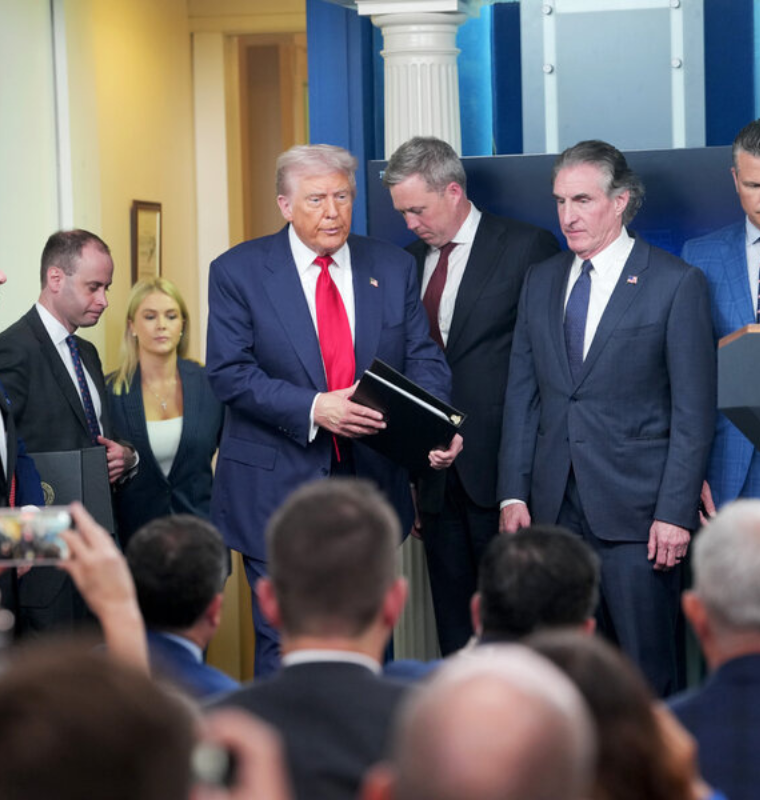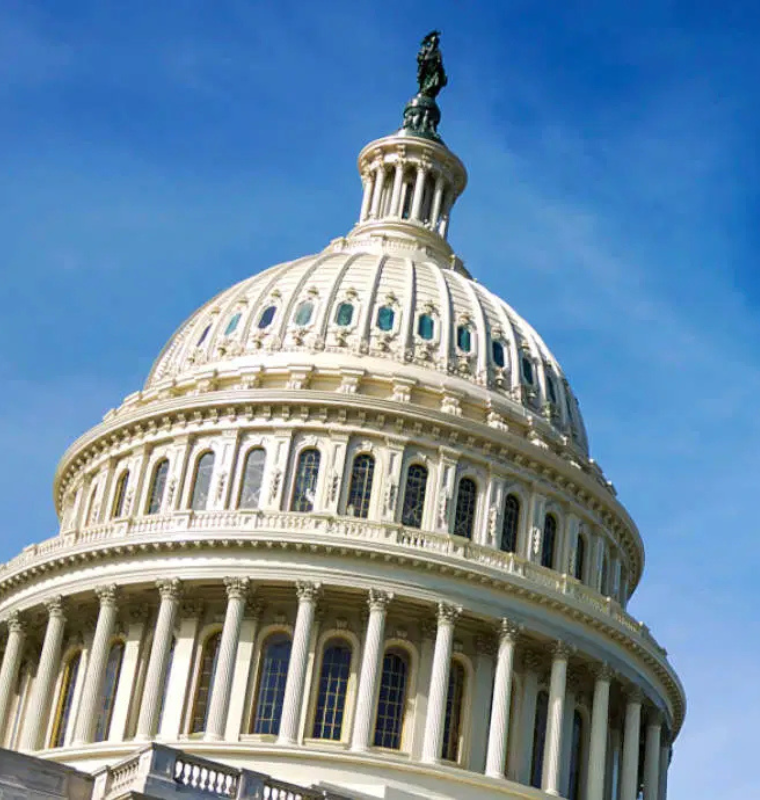Trump’s $10 Billion Libel Case Against Murdoch Lands With Same Judge From Dropped Cohen Lawsuit
Trump’s $10 Billion Libel Case Against Murdoch Lands With Same Judge From Dropped Cohen Lawsuit
By
Junia Wells
Last updated:
July 22, 2025
First Published:
August 6, 2025

Photo: The Canberra Times
Trump’s Media Lawsuit Faces Familiar Legal Terrain
Former President Donald Trump’s latest legal salvo—a $10 billion defamation lawsuit against Rupert Murdoch and The Wall Street Journal—has landed on the desk of a familiar federal judge: Judge Darrin Gayles of the Southern District of Florida. The case centers around a WSJ article that allegedly linked Trump to disgraced financier Jeffrey Epstein, a connection the former president vehemently denies.
The case is poised to draw intense national attention—not just due to the staggering sum of damages sought, but also because Judge Gayles is no stranger to Trump’s legal tactics.
Same Judge, Different Lawsuit: The Michael Cohen Precedent
Judge Gayles previously presided over Trump’s $500 million breach-of-contract lawsuit against his former attorney, Michael Cohen, a case that Trump unexpectedly dropped in October 2023. That lawsuit accused Cohen of violating confidentiality agreements and making defamatory statements in his book and media appearances.
However, the suit was withdrawn just days before Trump was scheduled to sit for a sworn deposition, a move widely interpreted as an attempt to avoid testifying under oath. The deposition had been ordered by Judge Gayles, signaling a no-nonsense approach to case management.
According to court documents, Cohen’s legal team was preparing to ask Trump detailed questions about his allegations—many of which overlapped with issues from other ongoing civil and criminal cases. The timing of the case’s dismissal raised questions about whether Trump sought to avoid making sworn statements that could be used elsewhere.
Who Is Judge Darrin Gayles?
Appointed by President Barack Obama in 2014, Judge Darrin Gayles made history as the first openly gay Black man to serve on the federal bench. A graduate of Howard University School of Law, Gayles has earned a reputation for fairness and meticulous attention to legal process.
Prior to his federal appointment, Gayles served as a state judge in Miami-Dade County, where he handled a broad spectrum of civil and criminal cases. His federal docket has since included high-profile commercial disputes, constitutional challenges, and whistleblower suits—making him a seasoned adjudicator in politically sensitive litigation.
His background and track record suggest that the Murdoch libel case will be treated with strict procedural scrutiny, especially given the politically charged nature of the claims.
Inside the $10 Billion Murdoch Libel Suit
Filed earlier this month, Trump’s lawsuit alleges that a Wall Street Journal article published under the Murdoch-owned News Corp umbrella defamed him by suggesting improper associations with Jeffrey Epstein. The article, according to Trump’s legal team, “falsely implies that President Trump was complicit or knowingly involved in Epstein’s criminal activity.”
Legal experts say that proving libel at this scale will be extremely difficult, especially given the precedent established by New York Times v. Sullivan, which requires public figures to prove “actual malice.”
“The bar is incredibly high for defamation cases involving public figures,” said constitutional attorney Alan Grayson. “To win, Trump’s legal team will have to demonstrate not just that the reporting was false, but that it was knowingly false or recklessly published.”
Political and Legal Implications
The Murdoch lawsuit marks yet another instance of Trump targeting major media outlets. In recent years, Trump has launched or threatened suits against CNN, NBC, The New York Times, and other media companies—often centered on coverage he deems “unfair” or “fake news.”
But legal analysts suggest these lawsuits are just as much political strategy as they are legal battles.
“Trump’s lawsuits often serve dual purposes: they rally his base and create headlines, even if they ultimately fail in court,” said former DOJ prosecutor Barbara McQuade. “The fact that Judge Gayles is now involved again adds a layer of judicial continuity to what is otherwise a highly theatrical legal play.”
Final Thoughts
With billions of dollars on the line and a seasoned judge overseeing the proceedings, Trump’s lawsuit against Rupert Murdoch could become a defining media trial of the year—if it makes it to court. Given the precedent of the Cohen case, where Trump pulled back ahead of being deposed, all eyes will be on whether history repeats itself.
For now, the legal battle is on, and Judge Gayles will once again be at the center of it.
Popular articles
Subscribe to unlock premium content
Disney’s Timeless Magic and How the Entertainment Giant Continues to Shape Culture and Innovation

Imran Khan’s Economic Missteps Amid Political Chaos in Pakistan

The Philippines’ Digital Shift How Remittances and BPO Are Fueling Growth

Disney’s Timeless Magic and How the Entertainment Giant Continues to Shape Culture and Innovation

Imran Khan’s Economic Missteps Amid Political Chaos in Pakistan

Disney’s Timeless Magic and How the Entertainment Giant Continues to Shape Culture and Innovation









